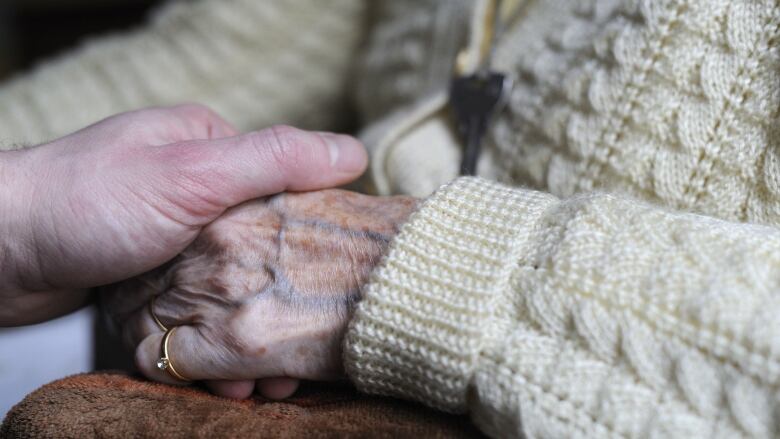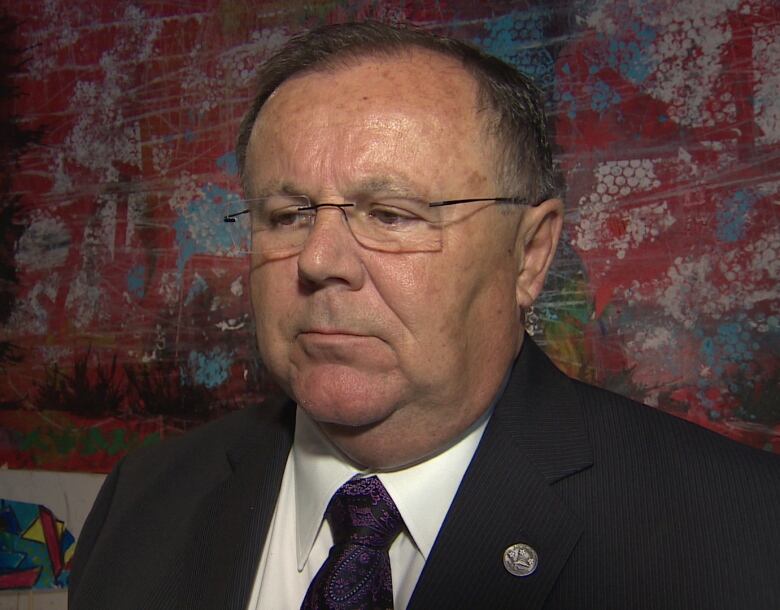Nova Scotia dementia strategy to focus on improving diagnosis, treatment
Health Minister Leo Glavine said the decline in the ability of people with dementia is heartbreaking

A three-year plan to improve care for people with dementia in Nova Scotia includes upgrading a telephone helpline and creating information for medical professionals to improve diagnosisand treatment.
Over the next year, the province will also develop an education campaign about the disease and explore how to train caregivers and families through the Alzheimer Society.
The measures are aimed at helping improve timely and accurate diagnosis and treatment of dementia, according to the province.
Executive director of the Alzheimer Society of Nova Scotia, Lloyd Brown, says Tuesday's announcement is the start of an exciting time.
"It doesn't mean that we're where we want be, it does means we now know where we want to go," he said.

Families with loved ones who have the disease are hopeful. Heather Fifield's husband is in advanced stages now but she says it took time for them to come to terms with the illness.
"We as a family chose not to admit there was something wrong for at least two years," she said.
In releasing the strategy today, Health Minister Leo Glavine said the decline in the ability of people with dementia to carry out daily activities is heartbreaking.
He says the strategy is aimed at creating methods to improve the lives of people with the illness, as well as the lives of their families and caregivers.
The department also hopes to educate people about the services that are available to help them keep their loved one in their own home.
Ultimate cost unknown
That is something David Keefe, whose wife has a form of dementia, welcomes.
"There was so much that we had no idea about until I went to caregivers support group," he said. "All of sudden people were saying you can get this, you can get that and now it seems it's going to be a whole lot clearer."
The strategy was developed by an advisory committee that included non-government groups and provincial representatives.
Glavine says he doesn't know the ultimate cost of the strategy, but he expects it will be several million dollars annually.
He's hoping Nova Scotia's work can be used as a template for other provinces and perhaps a national dementia strategy.
With files from The Canadian Press












_(720p).jpg)


 OFFICIAL HD MUSIC VIDEO.jpg)
.jpg)



























































































